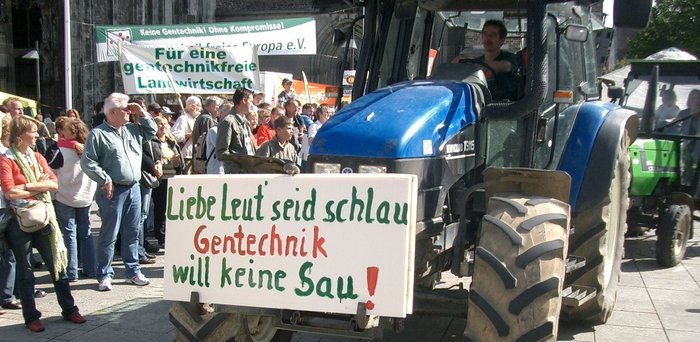News
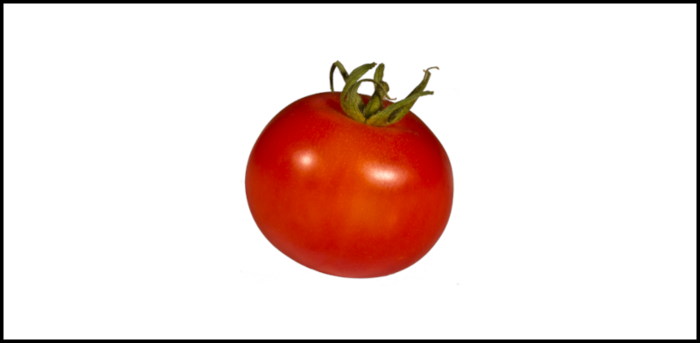
Japan: CRISPR tomato to be launched on the market without GMO assessment
A Japanese company has developed a tomato with CRISPR/Cas9 that contains particularly large amounts of the neurotransmitter gamma-aminobutyric acid (GABA). Due to Japanese genetic engineering deregulation, the product can be marketed without approval.

Baden-Württemberg election: parties controversial on GMOs
Will genetic engineering be an election issue? In Baden-Württemberg, among other places, the German super election year 2021 starts on March 14. The local Action Alliance for GMO-Free Agriculture asked the parties about their positions on genetic engineering in the run-up to the state election. The Greens, CDU, SPD and FDP responded - and quite controversially.

BVL welcomes Cibus test: it's about the mutation, not its cause
At an expert meeting on detection methods for "New GMO" plants, representatives of the Federal Office of Consumer Protection and Food Safety (BVL) expressly welcomed the publication of the test for Cibus "Gene Editing" canola by VLOG, Greenpeace and others in September 2020. Such detection, they said, was about identifying the mutation, not its cause.

Expert panel in the "Bundestag" - New GMOs: Use detection methods, ensure GMO free food and feed!
„New GMOs" are also GMOs, the European Court of Justice (ECJ) clarified in 2018. In order to ensure that no illegal GMO-plants enter our food and feed it is necessary to use reliable detection methods. This was the topic of an expert panel with representatives of authorities and other experts in the German Parliament on 22 Feb 2021.
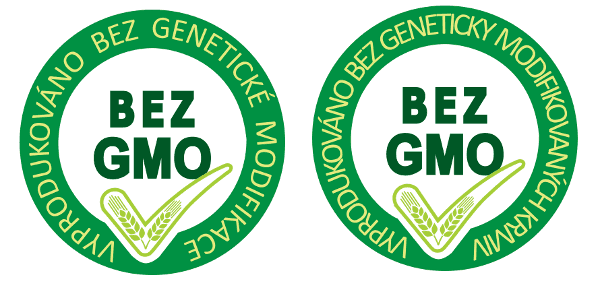
Czech and German "Ohne Gentechnik" standards mutually recognized
After a year of intensive detailed work, the Czech feed association SKK and VLOG have reached an agreement on the mutual recognition of their "Ohne Gentechnik" standards. This is an important step for cross-border trade, for German and Czech producers - and also for consumers.
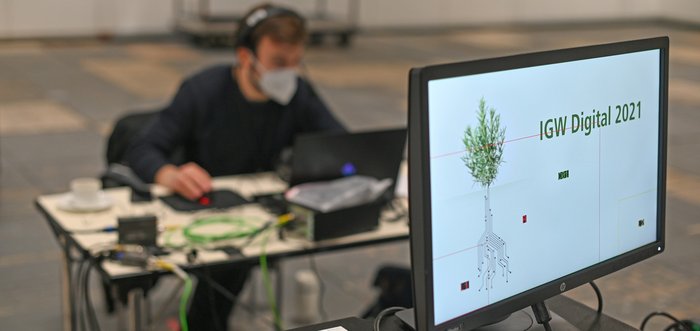
Genetic Engineering at the International Green Week 2021
Due to the Corona virus, International Green Week (IGW) and its many accompanying events had to be cancelled as large on-site events in 2021: No-one milling around between the animals and food stands, no receptions, no big rally. Yet agricultural policy was still widely discussed in various online events – and, of course, the topics included genetic engineering.

Great Britain seeks to deregulate genetic engineering
While the UK was still a member of the EU, the British government supported agricultural genetic engineering to the extent possible. After the completion of Brexit, it is now free to restructure its genetic engineering laws. And apparently it’s not losing any time in doing so.

EU Parliament remains critical of genetic engineering
The European Parliament continues to clearly reject genetically modified plants. With a majority of over two-thirds the delegates asked the EU Commission to reject an application for four maize/corn plants and one soy plant that had been repeatedly genetically modified to be approved for human and animal consumption.

Genetically modified linseed: 10,000 kilogrammes of seed may be contaminated
During a routine inspection of the linseed harvest of a Baden-Württemberg organic farmer authorities found the genetically modified linseed FP 967/Triffid as a contaminant. In 2009, Triffid led to numerous recalls throughout the EU, but has not been found in food since then.

New Internet presence
If you have been here before, you will notice it: We have completely redesigned our website. We hope you can now find your way around even better than before. Besides a new look and structure, there are some new and improved functions to discover. And we finally have a real mobile version. Click around a bit!
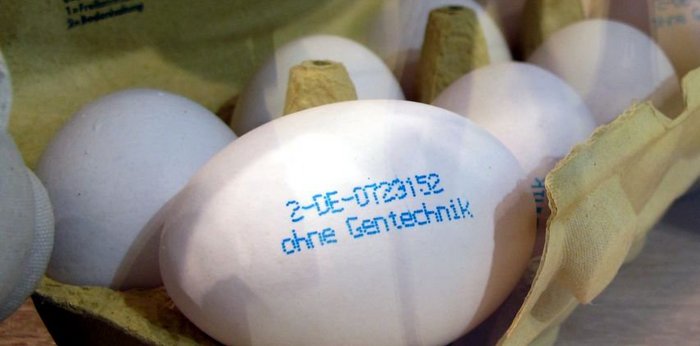
Producing eggs and poultry meat without soy feed
It is definitely possible to produce eggs and poultry meat without soy feed, and this can even have cost advantages. Dual-purpose chickens – where the unethical killing of day-old male chicks has been eliminated – can also be fed a soy-free diet with no loss of quality.

EU Commission unclear on new detection method, but no doubts as to genetic engineering of Cibus rapeseed
In a letter to VLOG lawyer Dr Georg Buchholz the EU Commission did not take a clear position on the question of whether the new detection method for the SU Canola rapeseed from Cibus satisfies the EU requirements. The Commission expresses no doubt, however, that it is genetically engineered.

Will Poland prohibit genetic engineering in feed?
The Polish government wants to prohibit genetically modified organisms (GMOs) in feed from 1 January 2021. Whether that will happen is not yet certain. The Polish feed industry is up in arms against the prohibition and the EU Commission might also oppose it.
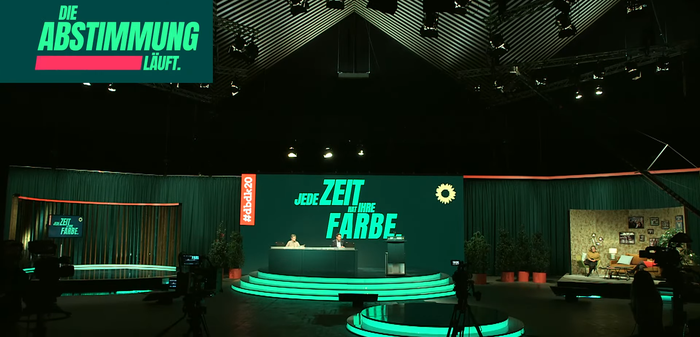
Greens committed to ‘Ohne Gentechnik’
In their new party manifesto, the Greens support the current EU GMO regulation with risk assessment of GM products prior to market approval. VLOG welcomes the fact that the Greens continue to commit to GMO-free agriculture, the precautionary principle, freedom of choice, transparency and mandatory labeling for GMO foods.

Careful monitoring of seed can ensure that it is “Gentechnik-frei”
In a total of 685 tests on seeds over the course of a year the competent bodies of the federal states examined seven different crop species for traces of genetic engineering. Residues of genetically engineered shares were found in only one maize/corn sample, in trace amounts. Thus, zero tolerance of genetically engineered seed is possible and enforceable.

